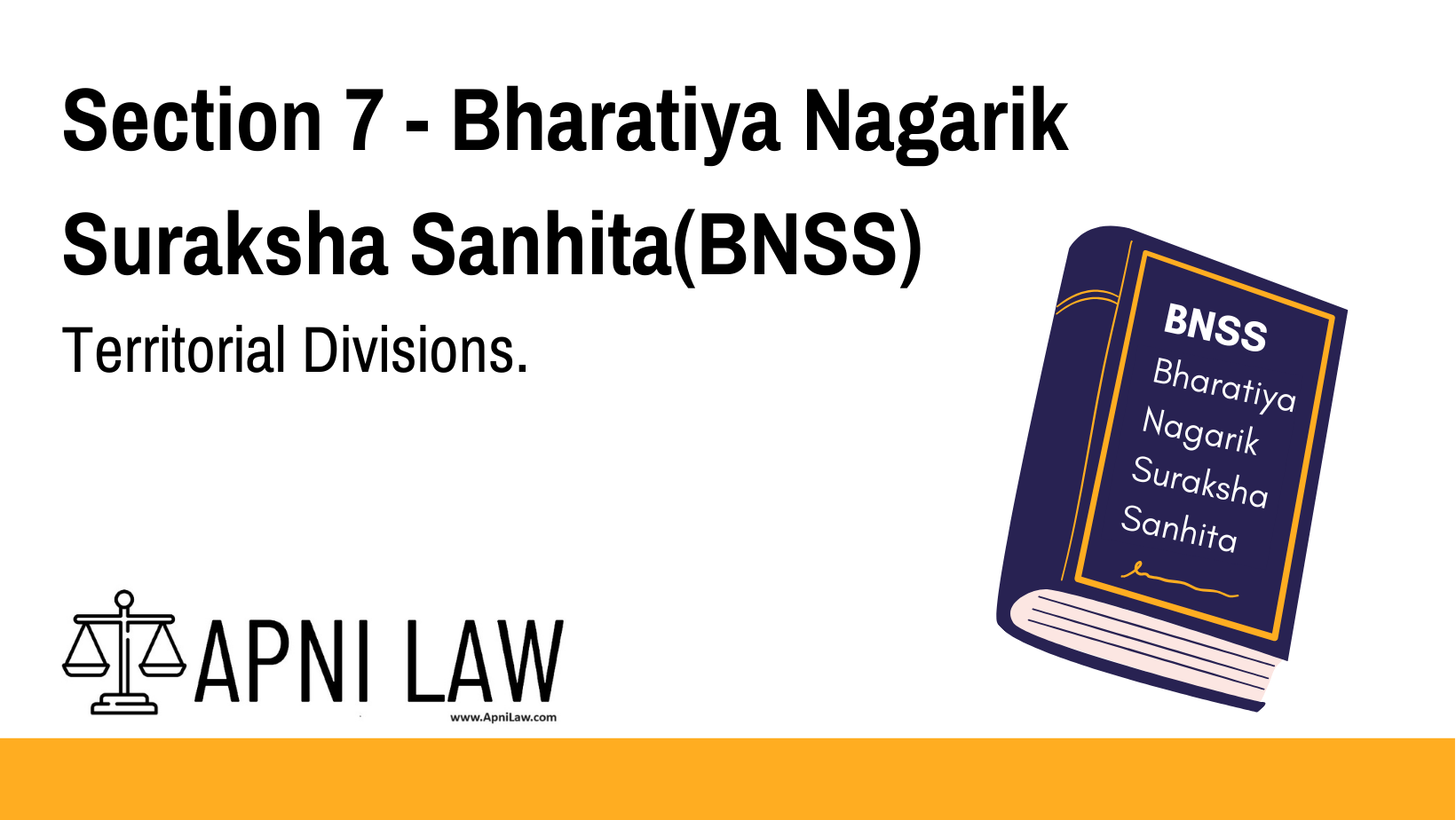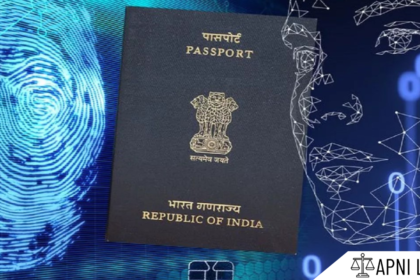Code:
(1) Every State shall be a sessions division or shall consist of sessions divisions; and every sessions divisions shall, for the purposes of this Sanhita, be a district or consist of districts.
(2) The State Government may, after consultation with the High Court, alter the limits or the number of such divisions and districts.
(3) The State Government may, after consultation with the High Court, divide any district into sub-divisions and may alter the limits or the number of such sub-divisions.
(4) The sessions divisions, districts and sub-divisions existing in a State at the commencement of this Sanhita, shall be deemed to have been formed under this section.
Explanation:
Section 7(1)-(4) establishes the hierarchy of judicial areas within a state:
- Sessions Division: The largest unit, a state can be either a single sessions division or divided into multiple sessions divisions.
- District: Each sessions division is further divided into one or more districts, which are the primary units for administrative and judicial purposes.
- Sub-division: Districts can be further sub-divided into smaller administrative units called sub-divisions.
Illustration:
Imagine a state like Uttar Pradesh. It is divided into several sessions divisions, each of which would comprise multiple districts. Then, within each district, there might be further sub-divisions for easier administration.
Common Questions & Answers:
Q: Who has the power to create or alter these divisions and districts?
A: The State Government, after consultation with the High Court, has the authority to make changes. This is considering the limits or number of these judicial areas.
Q: What happens to existing divisions and districts?
A: Section 7(4) states that any existing divisions, districts, and sub-divisions. At the time the BNSS comes into effect will be deemed to be formed under this section.







